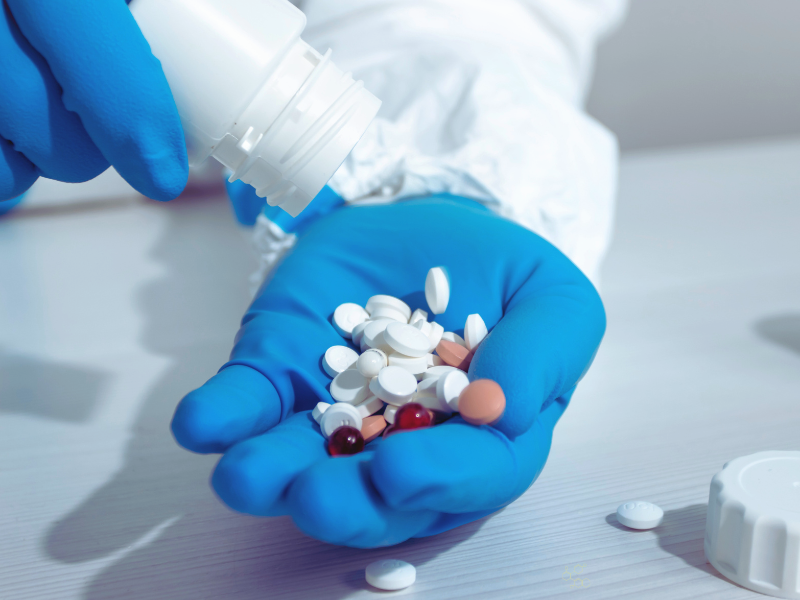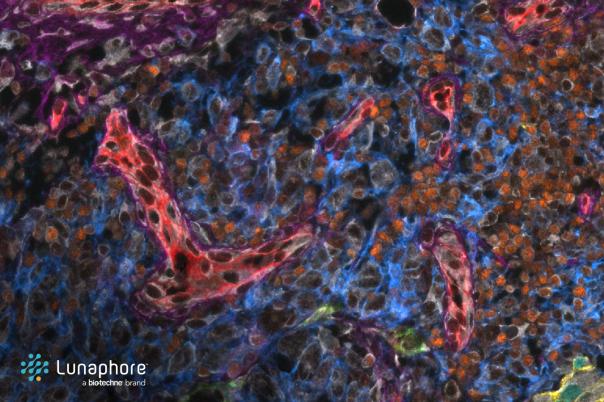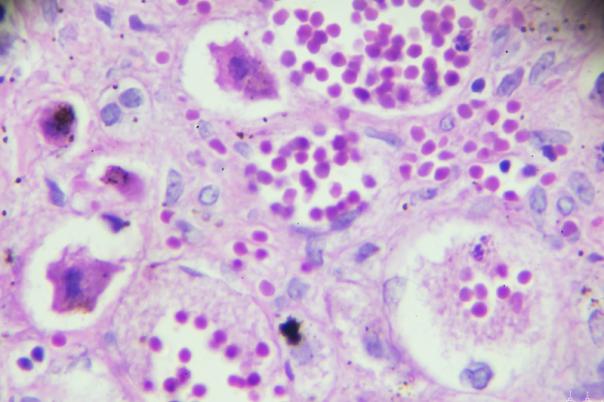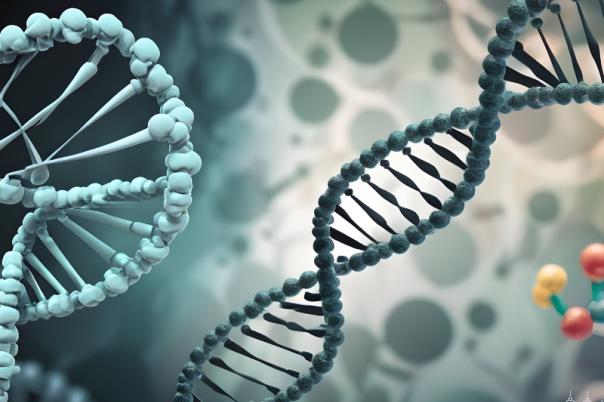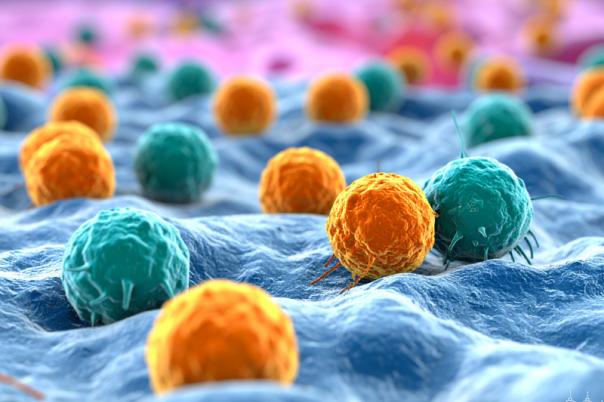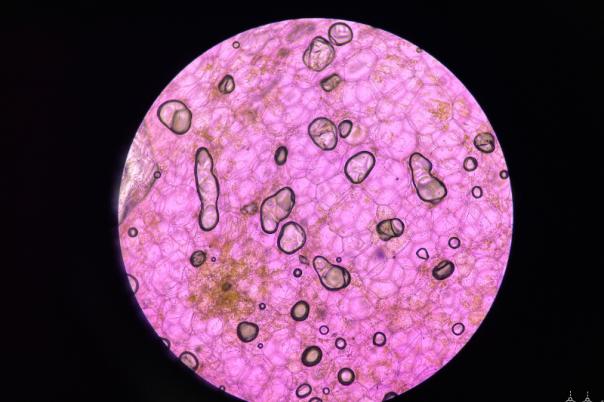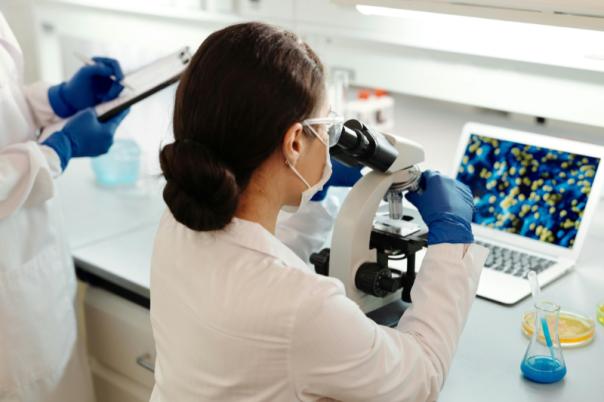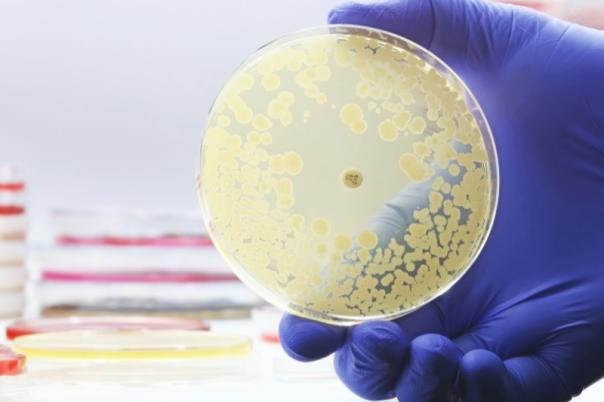According to a paper published in Frontiers in Science, NANOSPRESSO is a new device that could allow hospital pharmacies to create personalised medicines on demand for rare disease patients.
The device combines nucleic acid therapeutics and lipid nanoparticles, two well-established techniques. The system relies on this set-up to package genetic material into injectable nanomedicines that directly target the molecular cause of a patient’s disease.
Drug manufacturing models are typically centralised, which is ideal for common diseases but limits treatment access for rare conditions. There are over 300 million people worldwide living with a rare disease. However, many of them are untreated and overlooked due to the high cost and complications of developing bespoke drugs for small patient populations.
The NANOSPRESSO initiative, led by researchers at the University Medical Center Utrecht, could have the solution to this urgent issue. The device enables the production of nucleic acid nanomedicines in small batches directly within hospitals. This avoids the need for industrial-scale facilities and diminishes logistical barriers, thus opening the door to broader access for patients with rare conditions.
Furthermore, the NANOSPRESSO device is compact, user-friendly, and is designed to be used in clinical settings without the need for specialist training. The system's closed design also maintains sterility, a critical requirement for injectable products.
Prototypes of the NANOSPRESSO system are now in development with support from the Netherlands Science Agenda and the Netherlands Organization for Scientific Research. Upcoming work will evaluate the system’s performance, safety, and compatibility with real-world clinical workflows.
This technology could reshape precision medicine treatment as we know it by reducing reliance on centralised drug manufacturing and enabling pharmacists to prepare treatments directly at the bedside. Overall, NANOSPRESSO could democratise precision medicine and advance the capabilities of low-resource hospitals to treat rare diseases.
